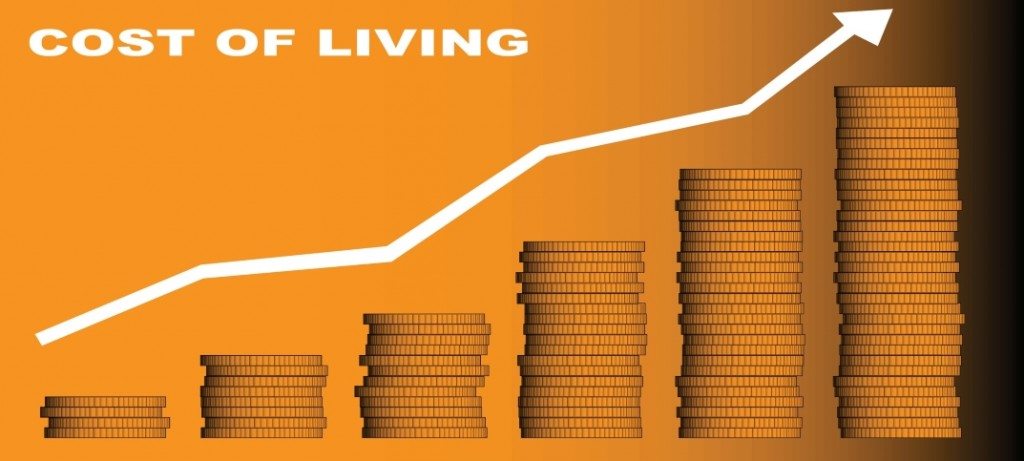
[dropcap]C[/dropcap]anadian housing is particularly cheap compared with other developed nations (Compare to Europe, Consider high compare to united states) – the average house price in Canada is around seven times the average annual wage. Prices are highest in Ontario and Alberta (seven to eight times average wage) and Vancouver (eleven times average wage).
People moving to Canada with the proceeds of house sales from countries with more expensive housing can often buy a house in Canada with a considerably reduced mortgage. This leaves more of their income for other activities and lowers their cost of living in Canada significantly.
All provinces in Canada has (GST/HST) (Goods and services tax) in Toronto For example the Rate is 13% in Alberta is 5% and Nova Scotia is going to be 15%, this make the prices higher in the event that you compare to USA prices
Compared with many other western countries:
- Food is cheaper in Canada.
- Dining out and most forms of recreation are cheaper in Canada.
- Petrol / Gasoline and cars in Canada. are little expensive if you compare to USA, but it’s lower than Europe
- Power is cheaper, but you use more power to heat your house in a typical Canadian winter.
- Car insurance is very expensive in Canada.
- TV Cable and internet are expensive
- Cell Phone service and Data Plan, Canada among the most expensive country in the world
- Private school Education its expensive, around $12,000 / Year, but its consider in average range comparing to other countries
- University Education Prices is average
Pay Deductions
In Canada, there are automatic deductions on most pay cheques. A deduction is an amount of money removed from your pay by your employer for the following contributions. These deductions could reduce your pay by as much as 25% to 35% of your total income.
This money goes towards:
- Income taxes
- Canada Pension Plan or Quebec Pension Plan
- Employment Insurance
- Union dues – if you belong to a union.
- Contributions to a retirement or pension plan.
- Any other necessary or agreed upon deductions between you and your employer.
Gross income is the total amount of money that you earn before deductions. Net income or take-home pay is the amount of money that you keep after all the deductions are removed.
Household Expenses
More than half of a person’s take-home pay will go to household expenses, which include:
- Housing
- Heating and utilities
- Food
- Clothing
- Health Insurance
- Transportation
- Car Insurance


